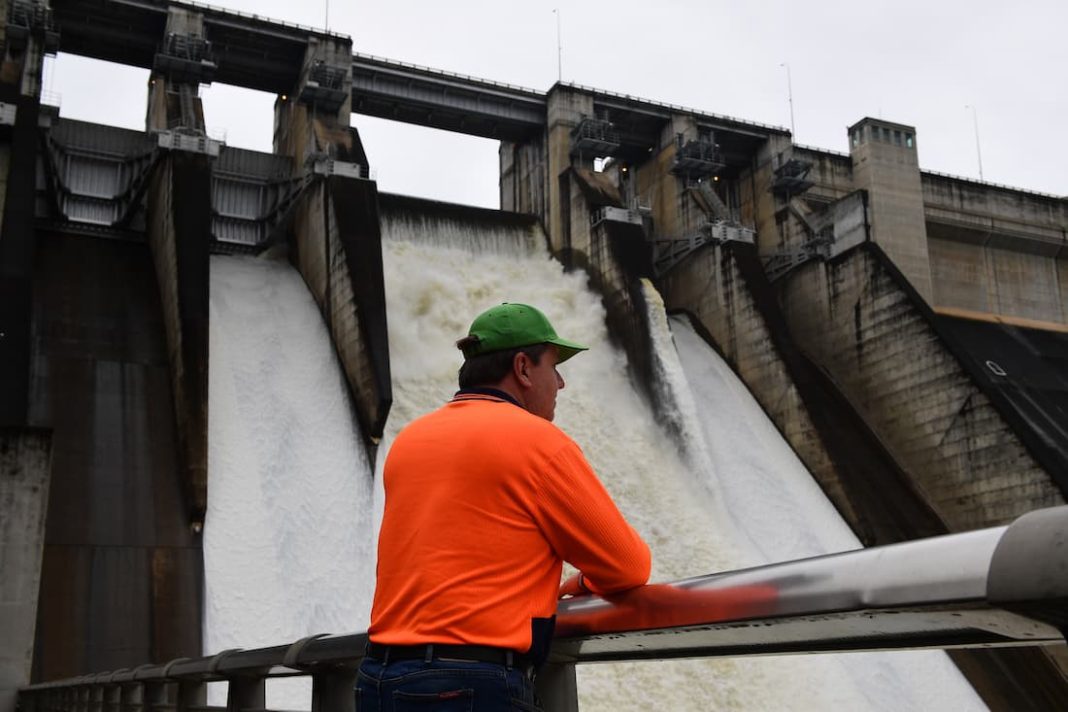‘Forever chemicals’ that are believed to cause cancer will be the subject of a parliamentary probe into their impact on the environment, economy and people’s health.
Independent senator Lidia Thorpe has secured support to establish a select committee on per- and polyfluoroalkyl substances, known as PFAS chemicals.
This group of compounds encompass more than 14,000 chemicals that do not break down and can accumulate toxins in plants and animals.
They are commonly found in a range of household goods such as non-stick pans, food packaging, dental floss, cosmetics, sportswear and firefighting foams.
As studies on the compounds emerge, overseas governments in New Zealand and the US have taken action to gradually ban or phase out the use of PFAS.
And Senator Thorpe said this inquiry was a positive step for all Australians.
“PFAS are the asbestos of the 21st century, but far more prevalent and far less understood,” she said.
“These chemicals already affect every single person in the world, yet not enough is being done to manage our exposure to them and reduce the risks.
“We’ve already seen worrying instances of cancer clusters with suspected links to PFAS chemicals, we cannot take them seriously enough.”
Almost everyone will have some exposure to PFAS chemicals in their lifetime and it is believed all humans have some level of the compounds in their blood.
There is limited evidence about the impact of the synthetic substances on human health but some studies have found links between PFAS and some cancers, reduced kidney function, lower birth weight in babies, increased cholesterol and other symptoms.
Sydney Water on Tuesday confirmed PFAS had been found at six sites, including the city’s main reservoir the Warragamba Dam.
Officials have said the water is safe to drink.
First Nations Australians affected by PFAS contamination on their lands had a court win in a $22 million class action settlement with the federal government in May.
The US Environmental Protection Agency recently found there was “no safe level of exposure” for two classes of PFAS chemicals in drinking water as they likely to cause cancer.
By Kat Wong in Canberra



